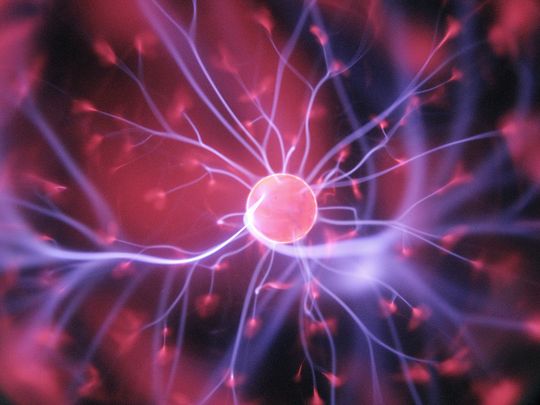
While things can often seem gloomy and bleak, 2023 saw ground-breaking scientific discoveries and medical advancements, giving hope to the whole world.
Click start to play today’s Spell It, where we ‘delve’ into some of the most remarkable ones of the year.
Here are a few to note, according to a December 2023 report in the National Geographic:
1. Medication slows down Alzheimer’s disease
In July this year, the US Food and Drug Administration (FDA) approved the first medication for Alzheimer’s disease that targets one of its underlying causes. Called Leqembi, this drug isn’t a cure and doesn’t work as well in late stages of the disease, trials indicated that after 18 months of treatment, it was able to help slow down decline in memory and thinking by about 30 per cent. The drug works by removing amyloid plaques – which occur when beta amyloid proteins clump together to form sticky plaques in the brain, causing inflammation and damaging neuronal connections.
2. Complete mapping of insect brain
Scientists successfully completed the first brain-wiring diagram of an insect brain, according to a March 2023 study published in the journal Science. This may not sound so impressive, until you realise that the brains of the tiniest insects, like fruit flies, contain vast networks of interconnected neurons called the connectome. Until now, only the brains of a roundworm, sea squirt and marine worm have been fully mapped – each of which, have just a few hundred connections. But the complete mapping of fruit fly larva found it contains more than 3,000 neurons with more than half a million connections between them. Mapping it took researchers over five years. The techniques used to map it can now help map even more complex brains in the future – it can helps help scientists decipher how the human brain works, how neurological diseases advance, and allow the development of new machine learning and artificial intelligence-based (AI) systems.
3. AI identifies people at risk of pancreatic cancer
Although rare, pancreatic cancer is the third largest cause of cancer-related deaths, according to the US-based National Cancer Institute. It’s deadly because it’s often identified in late stages, when the disease has already spread to the rest of the body. According to a May 2023 study in the journal Nature Medicine, a new AI tool can now predict pancreatic cancer up to three years before the actual diagnosis. It does so by tracking specific patterns of conditions that occur in patients’ health records.
What do you think of these medical achievements? Play today’s Spell It and tell us at games@gulfnews.com.







